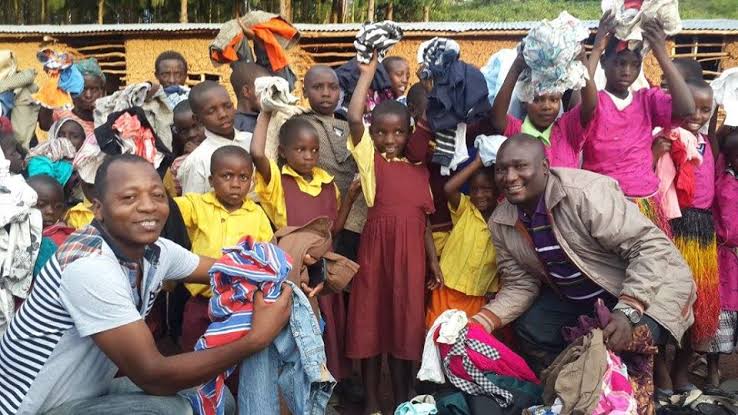
KAMPALA.
Uganda has taken the 6th position among the most generous countries in the world according to the 2025 World Giving Report (WGR).
The survey covered over 55,000 people across 101 countries.
The report, released this week, found that Ugandans donate an average of 2.04 percent of their income and that nearly half of the population participated in some form of volunteering in the past year. It attributes these high levels of generosity to “religious values, a strong sense of community, and a desire to lead exemplary lives.”
According to the Uganda Giving Report 2025, religious causes were the biggest beneficiaries of donations in 2024, accounting for 57 percent of all contributions.
Speaking at a media roundtable on local philanthropy in Kampala, Ms Jackie Asiimwe, philanthropy advisor and Chief Executive Officer of CivSource Africa, said the report is a reflection of Uganda’s deeply rooted culture of giving.
“Ugandans give, on average, 2.04 percent of their income away, and nearly half of the country engaged in volunteering last year,” Ms Asiimwe said, adding: “This is a testament to a strong culture of generosity and community involvement.”
According to the WGR, Ugandans often give directly to individuals or families in need, or to religious organisations and causes, rather than formal charities.
The report notes that this preference may stem from cultural and religious traditions, personal relationships, and trust gaps in formal charitable institutions.
The report also reveals that while Ugandans consider themselves generous, there is less confidence that the nation as a whole shares that same level of generosity.
“This generosity reflects deep-rooted cultural and Ubuntu values that emphasise community support and social responsibility,” the report states.
Uganda also surpassed global and continental averages in volunteering. In 2024, 44 percent of Ugandans volunteered, compared to a global average of 26 percent.
The average volunteer spent 16 hours and 30 minutes, almost double the global average of 9 hours. Volunteering activities included sports clubs, religious associations, and cooperative unions.
Ms Asiimwe emphasised that the findings should serve as a wake-up call for charitable organisations to better understand and engage with local givers.
“We must intentionally invest in understanding local givers, never taking their generosity for granted,” she said. She also called for more transparency, accountability, and measurable impact from organisations to build trust.
The report underlines the need for innovative, sustainable platforms to connect givers with diverse causes.
Across the African continent, the average donation stood at 1.54 percent of income, making Africa the leading region for generosity in relative terms.
Nigeria ranked first globally, with citizens donating an average of 2.83 percent of their income. Egypt, China, Ghana, and Kenya rounded out the top five, all reporting average donations above 2 percent.